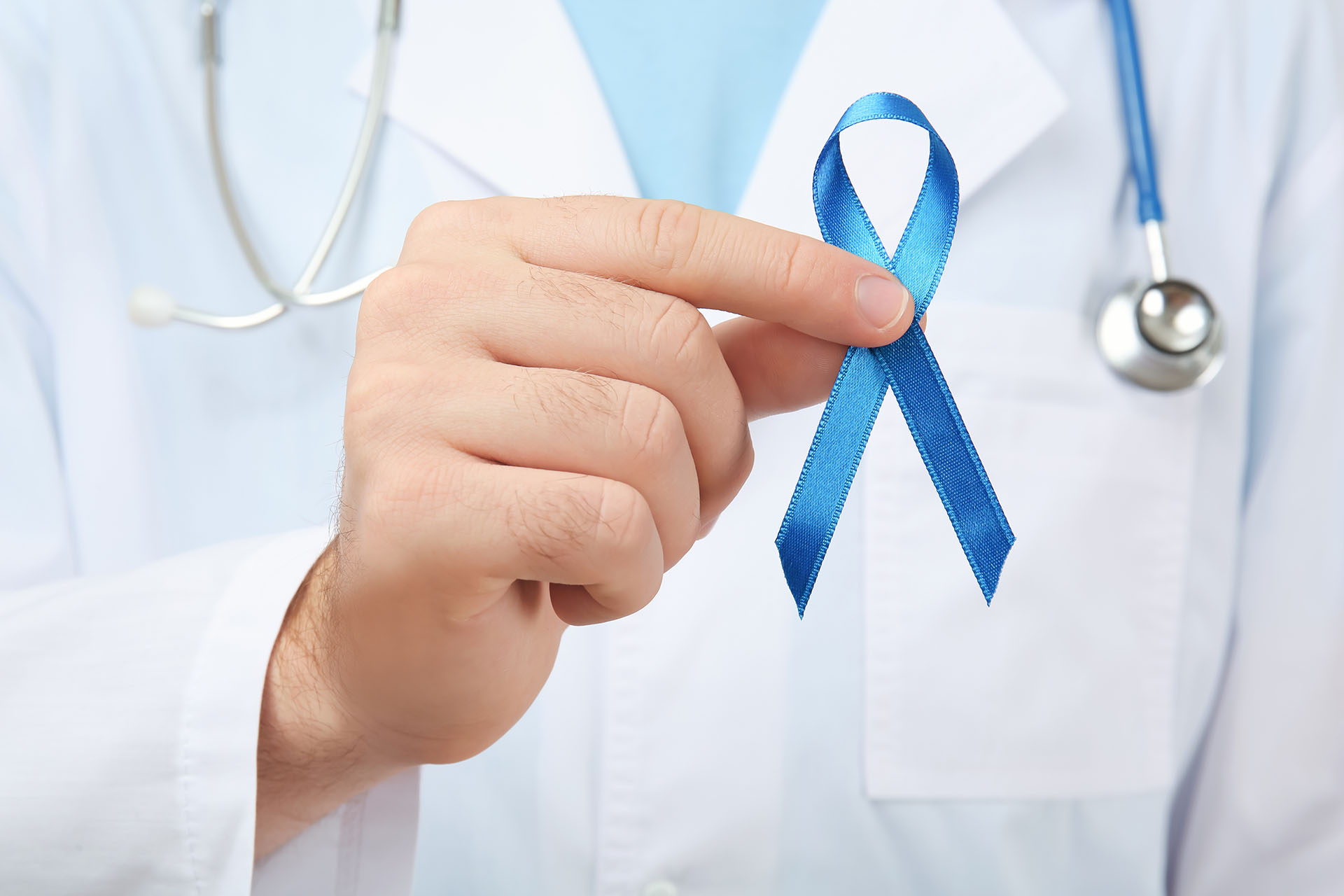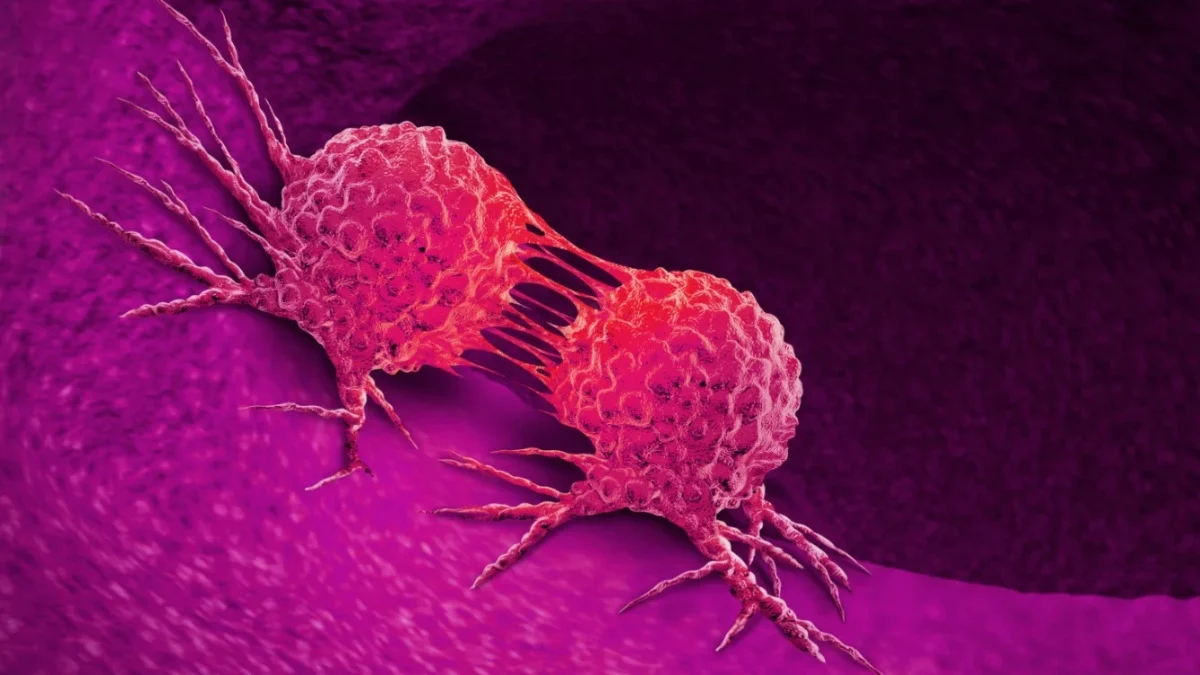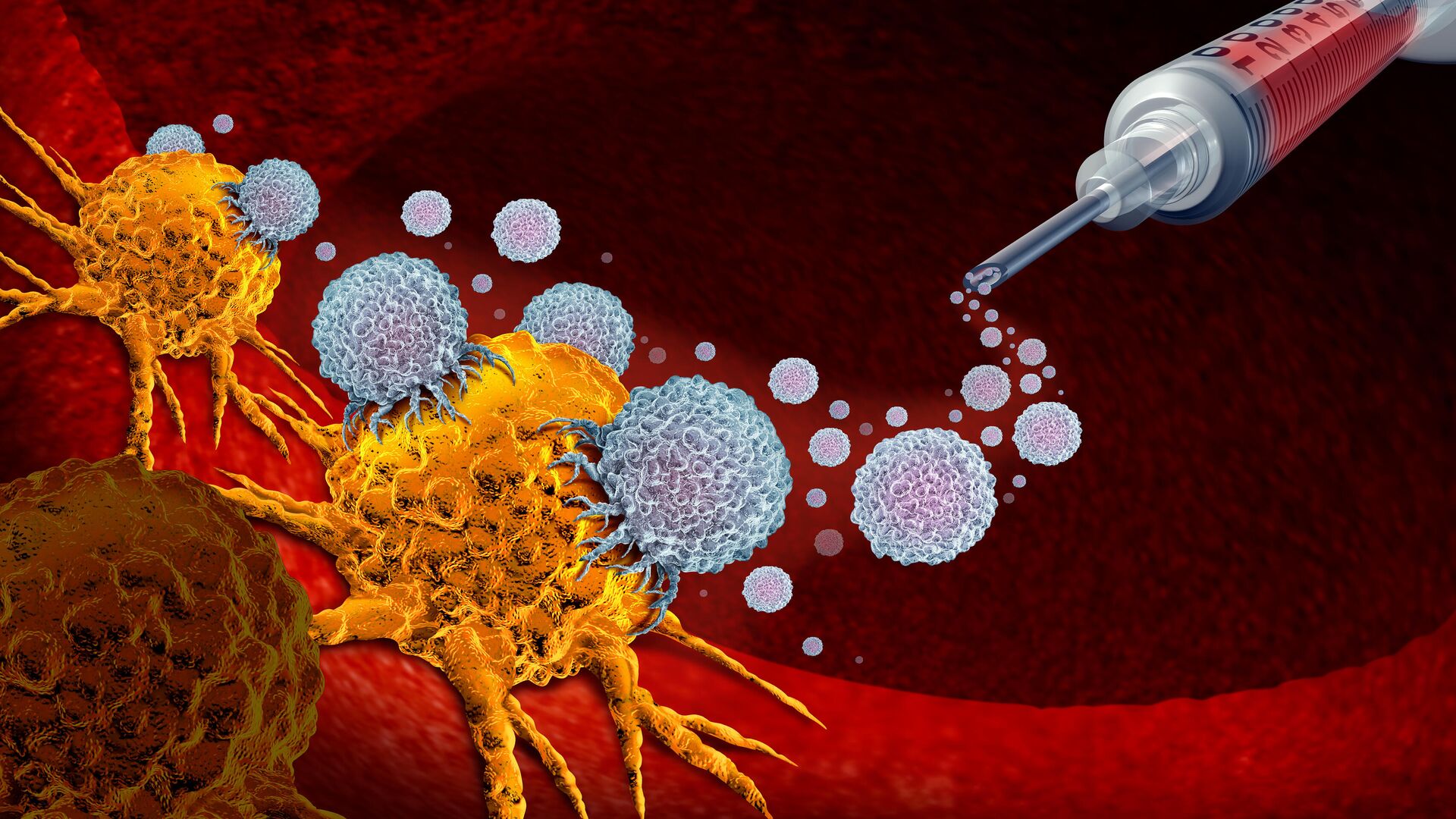- Home
- Our Services
CANCERS WE TREAT
TREATMENT OPTIONS
- About Us
About North Houston
Cancer ClinicsNorth Houston Cancer Clinics is a leading cancer center specializing in treating various types of cancers and blood disorders.Meet our specialized cancer care team
Choosing excellence, transforming cancer care together
Quality Oncology Practice Initiative (QOPI) Certification Program
Discover Our Healing Spaces: Virtual Office TourFirst day visit at North Houston Cancer Clinics
Real Stories, Inspiring Journeys, Patient Testimonies
- New patient
Becoming a patient at North Houston Clinics
Embark on your journey to health with us. Seamless, compassionate care awaits as you become a patient at North Houston Clinics.
Effortless Registration, Portal to Wellness JourneyYour Health, Your Time, Your AppointmentFrequently Asked Questions For New Patients - Blogs
- Contact Us
- Home
- Our Services
CANCERS WE TREAT
TREATMENT OPTIONS
- About Us
About North Houston
Cancer ClinicsNorth Houston Cancer Clinics is a leading cancer center specializing in treating various types of cancers and blood disorders.Meet our specialized cancer care team
Choosing excellence, transforming cancer care together
Quality Oncology Practice Initiative (QOPI) Certification Program
Discover Our Healing Spaces: Virtual Office TourFirst day visit at North Houston Cancer Clinics
Real Stories, Inspiring Journeys, Patient Testimonies
- New patient
Becoming a patient at North Houston Clinics
Embark on your journey to health with us. Seamless, compassionate care awaits as you become a patient at North Houston Clinics.
Effortless Registration, Portal to Wellness JourneyYour Health, Your Time, Your AppointmentFrequently Asked Questions For New Patients - Blogs
- Contact Us
Review of Health History
At North Houston Cancer Clinics, we know it’s important to check you out before we treat you.
Review of Health History
What's Involved in the What's Involved in the
– Investigating Through Old Records: To start things off, say hello to our team of healthcare detectives as they scour through years of medical data. While this part might seem like busy work, it can provide us with some valuable insights into how underlying health conditions or previous treatments may have influenced your cancer diagnosis.
– Genetic Testing: We hope there aren’t any skeletons in your closet – but there might be a few cells. To figure out what’s hiding in your family tree (cancer-wise), we’ll take a look at the patterns of cancer occurrence among your relatives. This will help us determine if genetic testing is necessary.
– Lifestyle and Environmental Factors: You are what you eat – and unfortunately, so are the cancer cells inside of you. To beat ’em back, we’ll need to know all about your diet, exercise habits, and environmental exposure levels.


A Thorough Review:
- Q&A Session
- Physical Observation
- Our Expert Team
People love saying “health is wealth” and we couldn’t agree more. That’s why we go to such great lengths to ensure thorough assessments and personalized care are at the forefront of every patient’s experience here. If you’re interested in scheduling a consultation, contact us today to take the first step toward compassionate care that is tailored to your needs.
Enhancing Patient Care: Through your long and winded health history, we can offer the best care that fits you and help improve your life. No question goes unanswered when it comes to understanding what concerns you may have.
By contacting North Houston Cancer Clinics today, you can secure a consultation appointment to receive personalized cancer care. We know one method doesn’t work for everyone. Which is why we tailor our treatment to your specific needs and circumstances.
People love saying “health is wealth”
People love saying “health is wealth” and we couldn’t agree more. That’s why we go to such great lengths to ensure thorough assessments and personalized care are at the forefront of every patient’s experience here. If you’re interested in scheduling a consultation, contact us today to take the first step toward compassionate care that is tailored to your needs.
Enhancing Patient Care: Through your long and winded health history, we can offer the best care that fits you and help improve your life. No question goes unanswered when it comes to understanding what concerns you may have.
By contacting North Houston Cancer Clinics today, you can secure a consultation appointment to receive personalized cancer care. We know one method doesn’t work for everyone. Which is why we tailor our treatment to your specific needs and circumstances.


Summarizing the Review of Health History in Cancer Diagnosis
Diagnosing cancer isn’t something done by reciting a few symptoms over the phone. It’s an extensive process that starts with collecting as much information about your medical background as possible. The review of health history provides valuable insights into risk factors, so we focus on presenting & summarizing this info effectively.
1.Gathering Information:
-Patient Interviews: Searching deep into our conversation with patients allows us to see everything about their medical history. From previous diagnoses, treatments, and surgeries, medications they’re on or were once on, to their eating habits and lifestyle choices; this helps our team identify potential risk factors.
2.Organizing and Summarizing :
– Identification of Risk Factors: Once all the patient’s information has been gathered into files, we summarize their info into concise bullet points prioritizing what diseases they’re more prone to based on family history/genetics/lifestyle exposure.
Decision Making
– Multidisciplinary Collaboration: Our team of oncologists, surgeons, radiologists, etc come together using all aspects of the patient’s health history during diagnostic decision-making.
4.Patient Education and Communication:
– Patient-Centered Approach: Delivering this information in a clear understandable way is key for patient education/empowerment purposes when diagnosing them. No question goes unanswered as they explain the significance of the findings. We want to involve patients in our shared decision-making process for their diagnostic and treatment options.
5.Continuity of Care and Follow-Up:
– Treatment Planning: Based on all the information we have gathered, healthcare providers develop personalized treatment plans that suit each patient’s unique needs, preferences, and goals. These treatment plans may include surgery, chemotherapy, radiation therapy, immunotherapy, targeted therapy, or a combination of these modalities.

